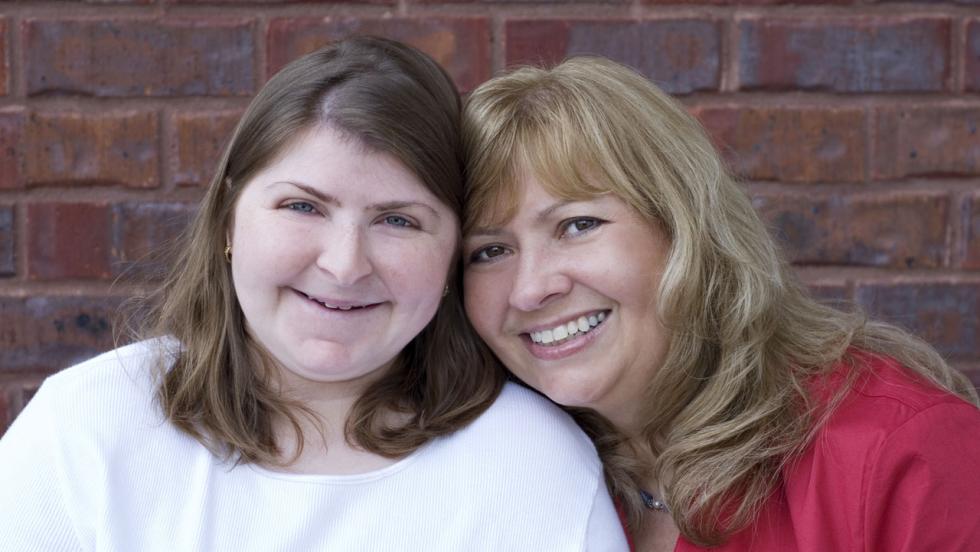Supporting a young person

Supporting your child to remain in learning
Young people should remain in learning until they are 18. For many young people Covid and other changes in their life have meant that their lives, friendships and learning have all been disrupted.
The good news is that young people are resilient and resourceful. Most have managed to keep in touch with friends, carry on learning, and think about their futures successfully.
However, you may feel that they need more support, for example to:
- Reconnect with friends
- Catch up with school work
- Think about their next steps
Support from school and colleges
All schools in Oxfordshire have plans in place for looking after pupil wellbeing and safety.
Oxfordshire Further Education Colleges are supporting those who need to move on from school post 16.
For those ready to start work, there has been an increase in apprenticeships available.
If your child is not in education, employment or training
For some children, this has been a difficult time. But all children should be in learning up until age 18. This does not have to be at school or college, they can also take part in official work-based learning such as an apprenticeship.
If your child is Not in Employment Education or Training (NEET) support is available.
For children aged 16-18 support is available from the EET Support Service. This will help them find a suitable offer of learning or progress to an apprenticeship.
Children aged 18+ can get support from their local Job Centre+, who have special advisers for younger job seekers.
Family Information Service
Oxfordshire's Family Information Service offers support around childcare, lists activities for young people, and contains lots of information to support families where a child has a disability, including learning difficulties or disabilities.
Find out more about your local services and activities, search for facilities and childcare and more.